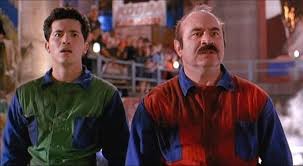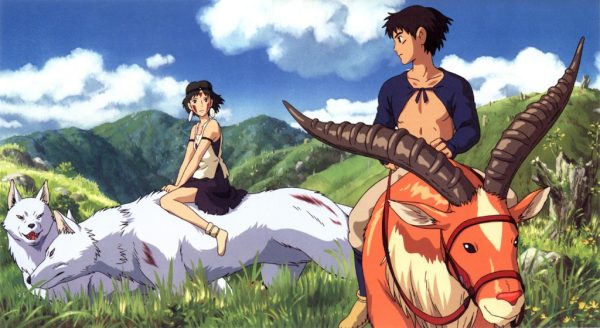Cineview: Are Video Game Movies Doomed To Fail?
A Look At The Curse Of Game To Movie Adaptations

The term “video game movie” likely brings to mind such classics of camp as Mortal Kombat: Annihilation and Super Mario Bros. These films will forever hang on the wall of infamy as some of the worst cinematic flunks ever, barring non video game movies such as the horrendous 1992 “horror” film Ax ‘Em.
One may consider it cherry picking to select such extreme examples. This of course operates under the assumption that Super Mario Bros is not a fair representative of most video game movies. Every moviegoer has different tastes in film, but not a single video game movie released as of March 2019 can be considered objectively well made.
Even the highest grossing of them, likely due to curiosity (Max Payne, 2008), has a 16 percent rating on Rotten Tomatoes. In order to understand why this is, one must look at the differences between each medium and what makes a quality product from each.
Video games have multiple components the creator must take into mind. Graphics, gameplay and story are the most important elements. Each individual holds each one to a different standard, so it is difficult to objectively rank their importance.
For the most part, graphics have the least affect on enjoyability, but there are those who put it on a pedestal above all else. There is a minimum standard for graphics of course, but most do not require each game to be photorealistic.
Gameplay is the most broad of the categories and may seem to be the most important by default. With the advent of “Let’s Play”, youtube channels consumption of video games has changed drastically. A sizeable minority of the gaming population only experiences any given game second hand.
Gameplay is likely not going to be deemed a major factor in their enjoyment of their experience. It also varies from game to game. First person shooters such as Call Of Duty have a tendency to focus on the gameplay solely to make up for lack of a story.
To avoid creating a false dichotomy, it should be noted that a game is not forced to choose between story and gameplay. Both can be equally present in a game. Games tend to choose one over the other, however.
Movies have a few more components that must be met to be considered quality, including acting, cinematography, story, and directing and effects. Depending on the film, certain elements can be shrugged.
In general, it’s a poor idea to focus too much on one aspect at the expense of others. This usually appears in the form of “substance over style”. This is when a film focuses unevenly on the effects or cinematography, forgetting it’s primary purpose is to tell a story.
This is where the problems with adapting a video game arise. Games exist primarily as an outlet for stress, and it can be difficult to translate what players enjoy about something like Call Of Duty to a movie. What was once a fun experience becomes a gritty, potentially overdone, war movie.
A studio is also tasked with striking a balance between appealing to the game’s fan base and a new potential audience. Too many easter eggs and references to the source material can alienate newcomers who may feel left out, while long time fans may see it as superficial pandering.
In the most infamous case of video game movie flops, story telling takes a backseat to profit. In their attempts to make a film for everyone, it becomes a mess palatable to none. All films are made for profit, but all good films balance this with passionate creators adding life to their work.
A wholly faithful adaptation is likely to fail for the above reasoning, but this does not mean video game movies are doomed to fail. Studios are learning from their mistakes and changing their approach. Hiccups, such as the upcoming Sonic film, are inevitable, but necessary.
Detective Pikachu may be one of the first positively received video game movies and will serve as a foil to Sonic, which is shaping up to be more of the same. Audiences will be given the opportunity to see a well done and a poor example of a video game movie within close proximity.
Moviegoers will vote with their wallets and encourage studios as well to look at what Pikachu did right, and where Sonic went wrong.
In an ideal world, Hollywood would put their resources into creating original stories, but the practice of adaptation is unlikely to end soon. At least moviegoers can look forward to seeing adaptations that genuinely attempt to entertain them.












